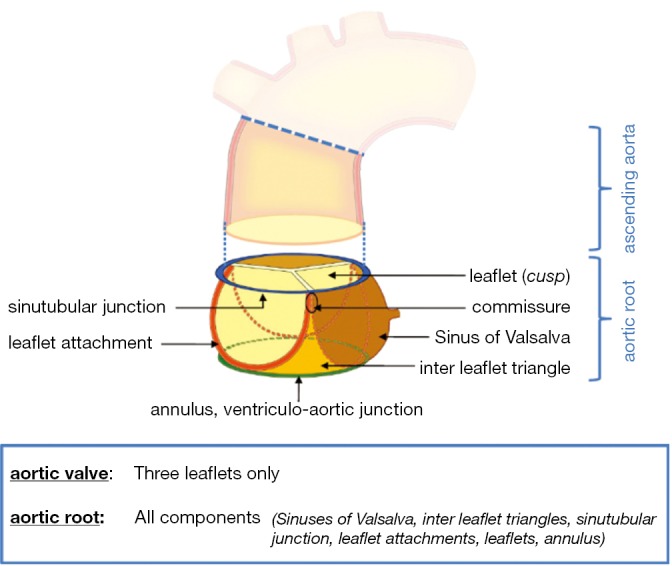Hi
as you know my 2nd OHS was a homograft, I got 20 years out of that, however the current state of the art for that is
very institution dependent. Some institutions get good results others 'average' (in terms of homograft vs bioprosthesis. This has led even my institution (which was among the world pioneers in this in the 1990's) to entirely get out of homografts and relinquish their tissue bank.
But ultimately he said once we get in there it may not matter what we pick if my roots aren't there enough for a mechanical valve then we'll go homograft.
I'm not a surgeon, but this is the first time I've ever heard that. I've heard the opposite in fact. So I'd double check that.
from
my institution study link:
The homograft aortic valve: a 29-year, 99.3% follow up of 1,022 valve replacements.
Preservation methods (4 degrees C or cryopreservation) and implantation techniques displayed no difference in the overall actuarial 20-year incidence of late survival endocarditis, thromboembolism or structural degeneration requiring operation.
Freedom from reoperation from all causes was 50% at 20 years and was independent of valve preservation.
Freedom from reoperation for structural deterioration was very patient age-dependent. For all cryopreserved valves, at 15 years, the freedom was
⦁ 47% (0-20-year-old patients at operation),
⦁ 85% (21-40 years),
⦁ 81% (41-60 years) and
⦁ 94% (>60 years). Root replacement versus subcoronary implantation reduced the technical causes for reoperation and re-replacement (p = 0.0098).
CONCLUSION:
This largest, longest and most complete follow up demonstrates the excellent advantages of the homograft aortic valve for the treatment of acute endocarditis and for use in the 20+ year-old patient. However, young patients (< or = 20 years) experienced only a 47% freedom from reoperation from structural degeneration at 10 years such that alternative valve devices are indicated in this age group.
The overall position of the homograft in relationship to other devices is presented.
Best Wishes




